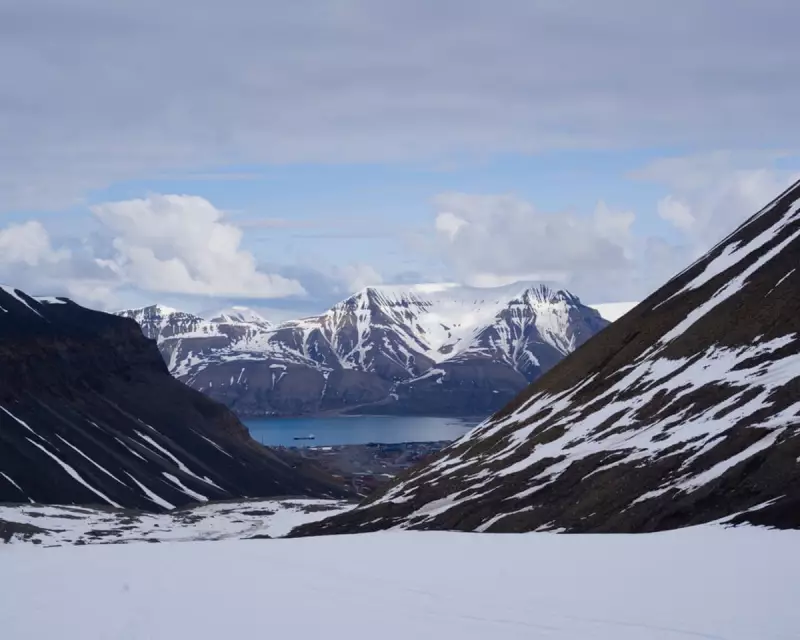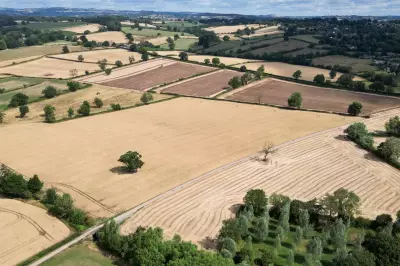
Scientists have uncovered a disturbing new factor in the rapid decline of Arctic glaciers: microscopic organisms are significantly accelerating ice melt, pushing these frozen giants toward irreversible collapse.
The Invisible Accelerators of Climate Change
Recent studies show that dark-colored microbes thriving on glacier surfaces are absorbing more sunlight, causing faster melting. This biological darkening effect is creating a dangerous feedback loop in polar regions already warming at alarming rates.
Key Findings:
- Microbial colonies increase ice absorption of solar radiation by up to 20%
- Some glaciers now melting 30% faster than predicted by climate models
- Terminal decline may be reached decades earlier than expected
A Ticking Time Bomb for Coastal Communities
The accelerated melting threatens to raise global sea levels dramatically, with scientists warning that current projections may significantly underestimate the coming crisis. Coastal cities worldwide could face flooding sooner than anticipated.
What This Means for the Future:
- Increased frequency of extreme weather events
- Disruption of marine ecosystems and fisheries
- Potential release of ancient pathogens trapped in ice
Researchers emphasize that while reducing greenhouse gas emissions remains critical, new strategies may be needed to address this biological component of glacial melt.





